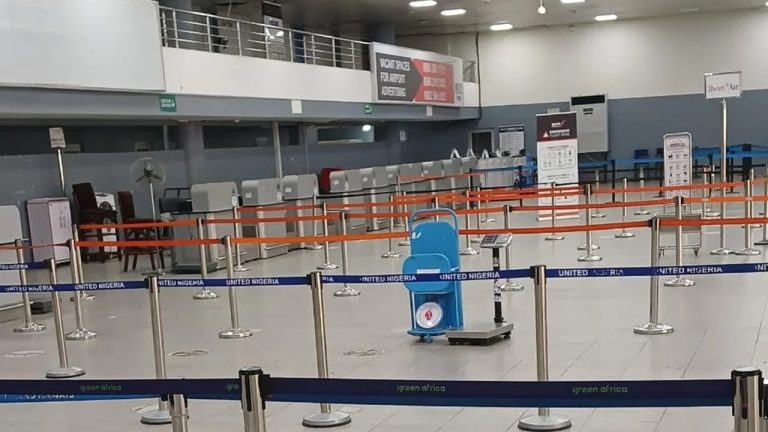Chief Executive Officer of CITA Aviation Fuelling Company Limited, Dr Thomas Ogungbangbe, has said that maintaining and improving existing airports, rather than investing in new airport projects, is crucial in driving the industry forward.
Emphasising the essence of collaboration to achieve success in the sector, the chairman said that “Nigeria, a nation with a population of approximately 250 million, has over 30 airports. Yet, only three of them—10 per cent of these airports—are financially viable. This stark reality underscores a severe underutilisation of our aviation infrastructure and highlights the need for a strategic shift in how we approach aviation sustainability.”
Lamenting impediments in the sector such as high fuel costs, poor access to foreign exchange, and a weakening currency, he urged concerned individuals to prioritise maintenance and improvement of existing airports and essential infrastructure.
Ogungbangbe advised that public-private partnerships to invest in and manage airport infrastructure should be considered. According to him, this can bring in expertise, efficiency, and additional funding to improve airport operations and passenger experience.
The expert decried the neglect of essential road infrastructures that aid the smooth and successful operation of the aviation industry at the 28th annual League of Airport and Aviation Correspondents (LAAC), themed: “Aviation Survivability Amidst A Challenging Macro-Economic Environment,” held in Lagos recently.
Ogungbangbe urged the country to stimulate economic growth by focusing on policies and investments that stimulate economic growth, including improving road infrastructure, supporting SMEs, and enhancing sectors like tourism and trade that drive air travel demand.
“Create integrated transportation plans linking airports with rail and road networks, facilitating easier access and enhancing travel convenience,” he said.
With an international lens, the chairman stated that Singapore and Hong Kong demonstrate the benefits of focusing on economic activities and strategic investments.
“Singapore, with a population of 6.03 million, registered 16.5 million passenger movements through Changi Airport in the first three months of 2024. Additionally, Hong Kong, with a population of 7.5 million, recorded a 12-month rolling passenger volume of 44 million. These figures highlight significant potential for passenger traffic when favourable economic conditions align with strategic investments.”
Suggesting a concerted effort from all stakeholders, including the government, stakeholders, and international partners, Ogungbangbe said that passenger traffic in the aviation sector is closely tied to economic activities.
“A robust economy generates increased business and leisure travel, leading to higher passenger volumes. Therefore, our focus must be on stimulating economic growth and activities that will, in turn, boost demand for air travel.”
